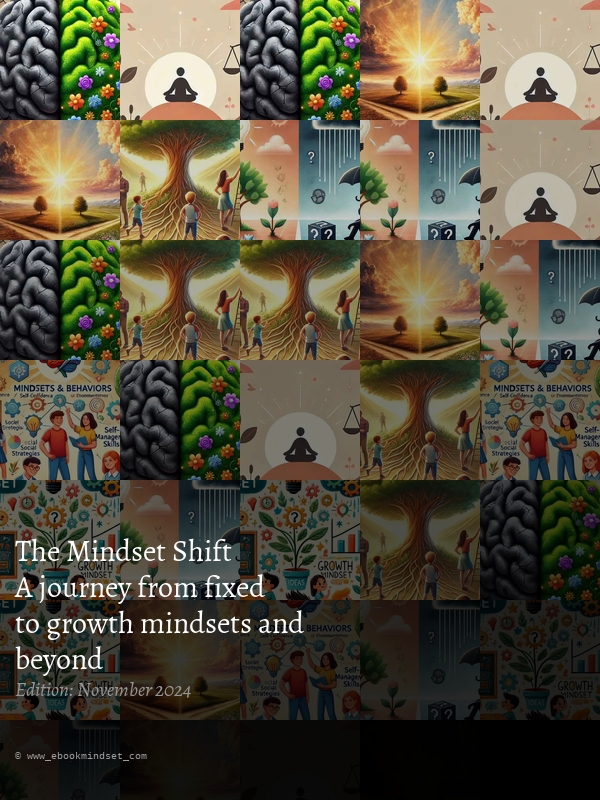Understanding the Frugal Mindset: A Path to Financial Freedom and Fulfillment
In today's consumer-driven society, a frugal mindset offers a powerful path to financial freedom and a more fulfilling life. It's more than just saving money; it's a holistic approach emphasizing value, intentionality, and sustainability. This guide explores the principles, benefits, and practical strategies for adopting a frugal mindset and achieving financial independence.
What is a Frugal Mindset?
A frugal mindset involves making conscious choices about spending and saving. It prioritizes needs over wants, seeks value in purchases, and minimizes waste. Contrary to common misconceptions, frugality isn't about deprivation; it's about focusing on what truly matters.
Key Principles of a Frugal Mindset
- Intentional Spending: Every purchase should have a purpose and align with your values.
- Value Over Cost: Prioritize quality over quantity for long-term satisfaction.
- Mindfulness: Understand your financial habits to make better decisions.
- Sustainability: Choose eco-friendly options to reduce waste.
The Benefits of Adopting a Frugal Mindset
A frugal lifestyle offers numerous benefits beyond simple savings:
- Financial Security: Save money, pay off debt, and build an emergency fund.
- Reduced Stress: Lower expenses alleviate financial pressure and improve mental health.
- Enhanced Relationships: Focus on experiences, not possessions, to build stronger connections.
- Increased Gratitude: Appreciate what you have instead of longing for more.
- Personal Growth: Develop resilience and resourcefulness.
How to Develop a Frugal Mindset
Transitioning to a frugal mindset involves these steps:
1. Create a Budget
- Track your spending using apps or spreadsheets.
- Set short-term and long-term financial goals.
2. Identify Needs vs. Wants
- Make a list categorizing expenses as needs or wants.
- Prioritize needs before wants.
3. Cultivate Mindfulness
- Pause before non-essential purchases.
- Reflect on whether a purchase adds lasting value.
4. Embrace Creativity
- Learn DIY skills like cooking or home repair.
- Explore free activities like parks and community events.
5. Remove Temptations
- Unsubscribe from retail newsletters.
- Avoid unnecessary window shopping.
Common Misconceptions About Frugality
Some misunderstandings about frugality include:
- Frugality Equals Cheapness: Frugality is about value, not just low cost.
- Frugality is Deprivation: It enhances life by prioritizing meaningful experiences.
- Frugality is Only for the Poor: It benefits everyone by promoting responsible spending.
Balancing Frugality with Enjoyment
Avoid "lifestyle deflation" by:
- Investing in quality items that last longer.
- Allowing for occasional splurges.
- Prioritizing experiences over material possessions.
Conclusion
A frugal mindset is about reshaping your relationship with money and consumption. By embracing intentionality and mindfulness, you can achieve financial security and a more fulfilling life. It's a journey requiring discipline, but the rewards are a more sustainable and enriching lifestyle.




